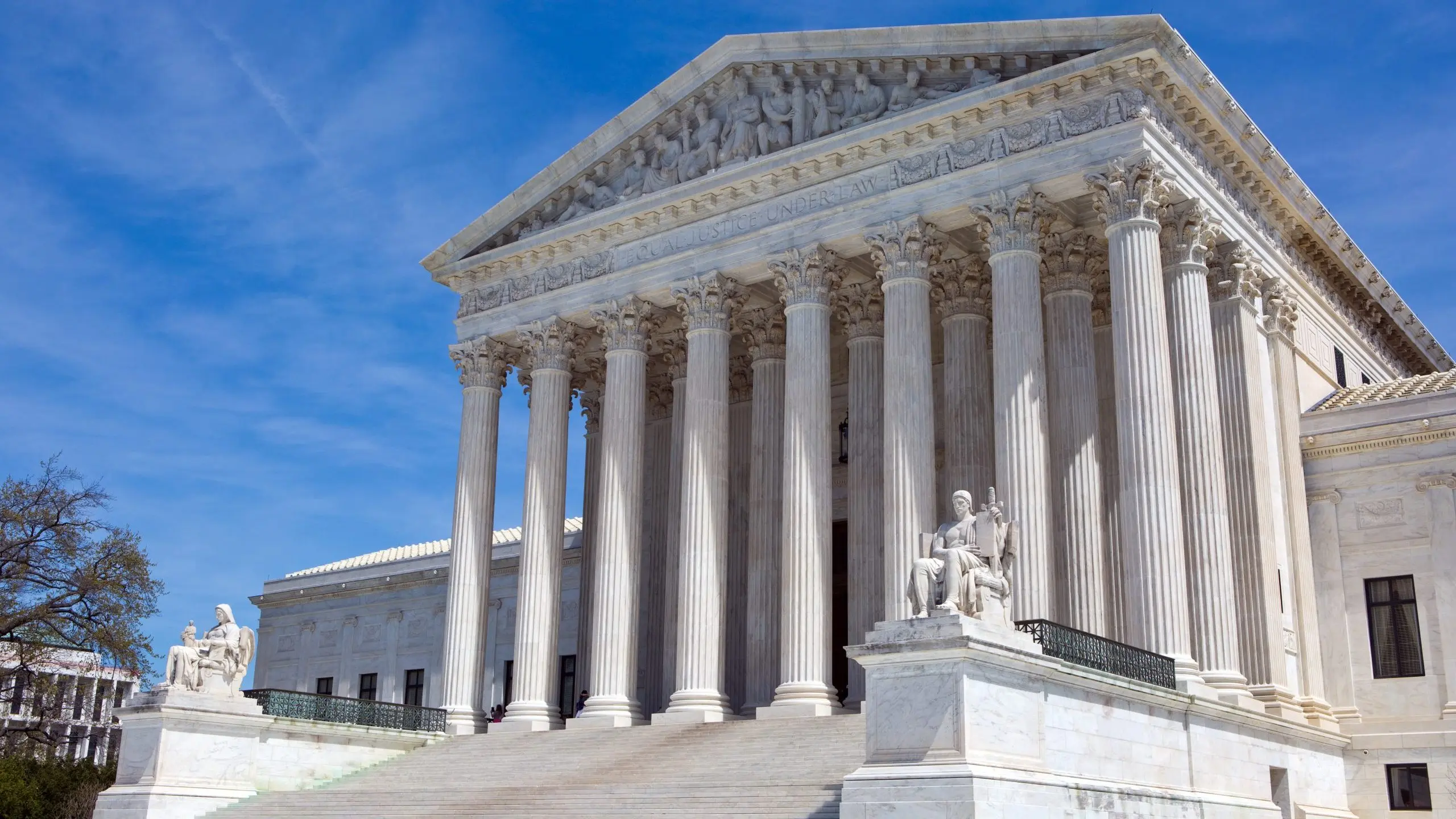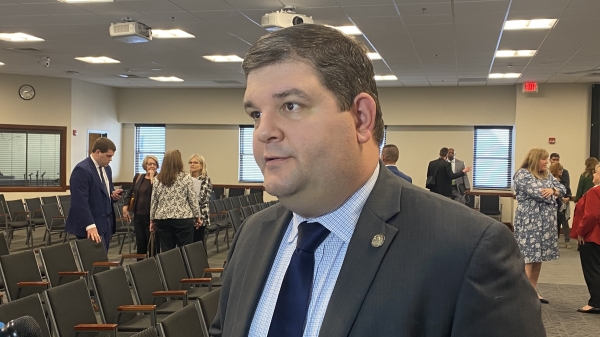|
Getting your Trinity Audio player ready...
|
A lawsuit over lengthy delays in processing unemployment claims by Alabama’s Department of Labor will go before the U.S. Supreme Court for oral arguments on Monday.
The case, which will center on the question of whether state courts are bound by a federal law known as Section 1983 that allows citizens to sue the government if their rights are violated, stems from Alabama’s unusually slow processing of claims during and even after the COVID-19 pandemic.
The fact that the processing is slow is not in question. Even Alabama Gov. Kay Ivey has called it “outrageous,” and the Century Foundation, which analyzed and ranked states based on the length of time it took to process claims, ranked Alabama dead last in the nation. The state’s 752-day delay was 742 days longer than some of the top states.
But when citizens, represented by the nonprofit Legal Services Alabama, the Alabama Supreme Court ruled that they must first exhaust all appeals before filing a legal claim. The ruling, the plaintiffs said, ignored that the central cause for filing such a claim was the fact that the appeals process was absurdly long.
So, the plaintiffs sued in federal court, using the Section 1983 rule as a cause to shift the venue. They argue that the federal government can intervene in a state case if citizens’ rights are not being protected, if for no other reason than to force state courts to timely address citizens’ grievances.
Alabama, and a group of 16 other states, are arguing that using Section 1983 to intervene in state law would violate state sovereignty and constitute a massive overreach by the federal government.























































